You can't beat a sporting celebration to lift and unite a nation. Unfortunately, we haven't experienced much of it in recent years. The success of the Irish men's rugby team, of course, being the main exception.
That was, of course, up until last weekend when the Irish women's hockey team reached the final of the World Cup and came home with silver medals to be greeted by thousands of fans and well-wishers at a reception in Dublin.
Since the team arrived back, much has been made of SoftCo's sponsorship of the team and how the deal was only inked with just eight weeks before the tournament in London began.
For SoftCo and its founder Susan Spence - a former hockey player herself - it will go down as one of the sponsorship deals of the decade, giving it massive brand exposure to both an Irish and global audience. For Irish Hockey, meanwhile, it provided a much-needed financial injection coming up to a major tournament.
But once again, it has thrown open the debate about how women's sports is funded in Ireland and the constant financial challenges individual female athletes, as well the sporting organisations they represent, face each day.
As sponsorship plays an integral role in the P&Ls of most sporting organisations, it is more than fair to say that when it comes to women's sport, they are seriously trailing the male-led pack. That we have a hugely talented pool of female athletes across a wide range of sporting disciplines is beyond doubt, so why haven't more sponsors stepped up to the plate?
Given that many brands already invest considerable amounts of money advertising to women - including that dreadfully-outdated market research cohort known as house-keepers - shouldn't a greater emphasis on sponsorship form a bigger part of their marketing initiatives?
"In sport, fan-bases are diversifying at pace and sports rights-holders themselves recognise that they need to look beyond traditional demographics to continue to grow among what have been overlooked audiences," says John Trainor, founder and CEO of the sponsorship consultancy Onside.
"While nine in 10 males in Ireland are sports fans, so are eight in 10 females. This is a huge opportunity for both sides of the industry- sponsors and rights holders.
"Our analysis shows that of all sports deals announced in the first half of 2018, 20pc of them were women specific, an increase of 11pc on the same period in 2017, and include a wide variety of deals including Aviva's deal with the Irish women's national soccer team, and a string of deal renewals and new deals at ladies Gaelic football and camogie," he adds.
While 20pc might seem like a lot, this refers solely to the volume of deals as opposed to hard cash. If one were to look at it from a purely monetary point of view, it is entirely conceivable that as much as 90pc of all money invested by sponsors goes towards male sports, with women's sports picking up just 10pc.
This may change. "The benefits of getting in now include a still relatively low cost of entry, compared to men's sport, and as it's still a largely untapped space means that a brand can shape and own it with a level of prominence that is increasingly challenging in sports marketing," says Trainor. Aligning with a women-centric sport property can be as much as 10 times lower in cost than male-centric equivalents, but certainly not 10 times less effective in their potential to deliver on key brand measures including reach and brand affinity gains," he says.
But there are other reasons why brands should consider sponsoring women's sports.
"In the midst of the war on talent in Ireland today, many businesses recognise that an investment like this can also send the right messages to existing or prospective employees about the company's values.
"The merits of growing the women in sport arena at pace are also underpinned by international research that shows that two in three firms would positively consider a candidate's background in sports when hiring to their team.
"Business-to-business organisations can often write a more compelling business case on the back of the HR benefits of a deal with women's sport, and again in a highly efficient way given their more modest budgets than perhaps a major business-to-consumer-facing brand."
For many sponsors, the normal metrics used to measure sponsorship initiatives don't necessarily have to apply and potential sponsors need to take a different view of what constitutes sponsorship success.
For others it may require a leap of faith.
"There is a likelihood that prospective sponsors may not have the answers to fundamental questions like what is the ROI of supporting female sports, and their potential reach and effect amongst the customers they're targeting," Trainor says.
"As momentum builds around this opportunity area, the data and intelligence that we are building is getting stronger and the business cases we can now write around an investment in women's sport far clearer for a company's board to appreciate," he adds.


